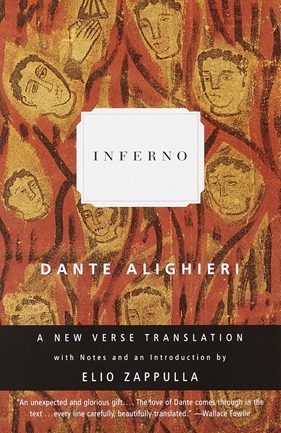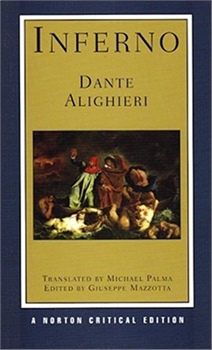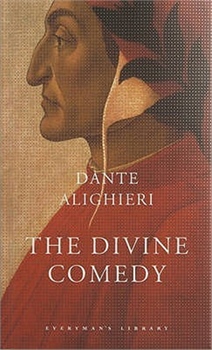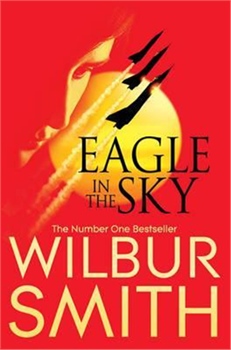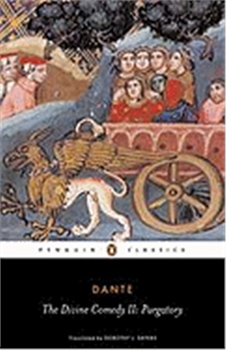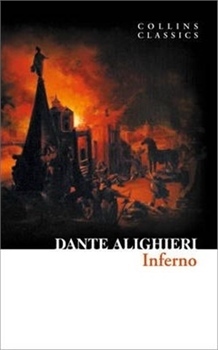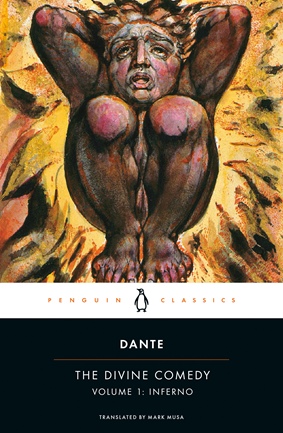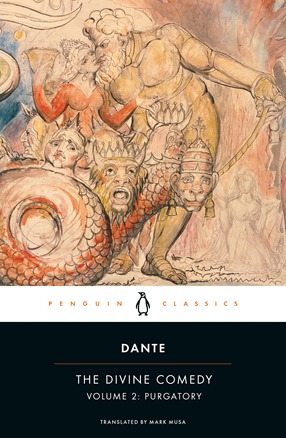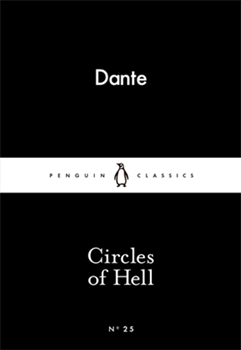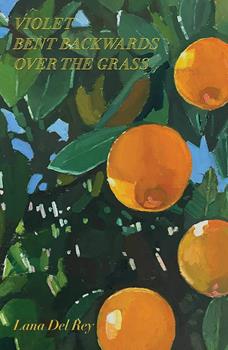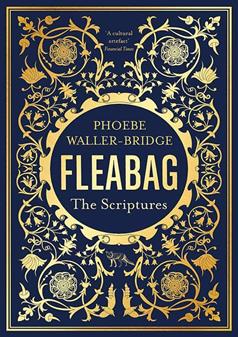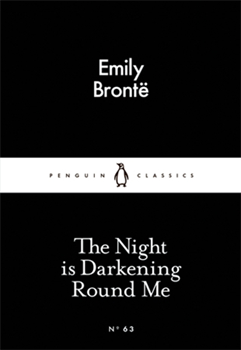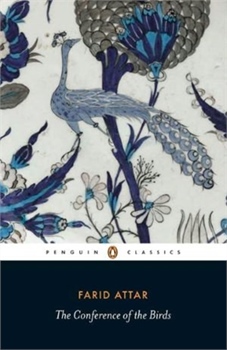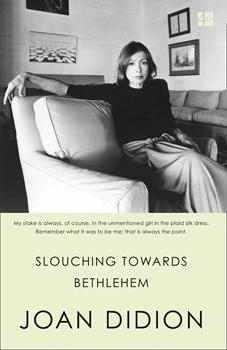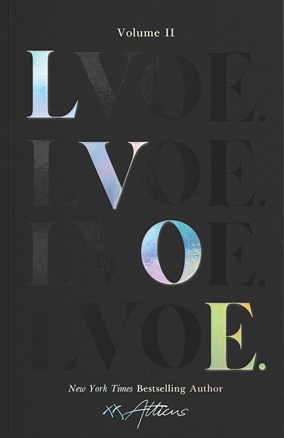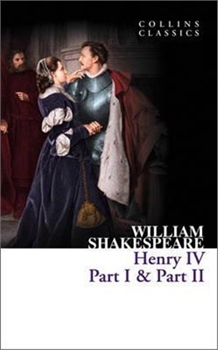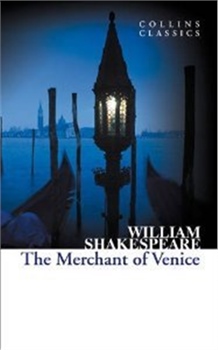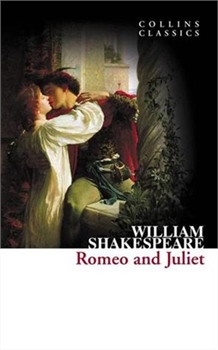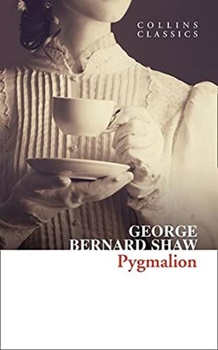Description
"As poetry, Mr. Zappulla's English Dante is successful--. The power of Dante's descriptive poetry should be apparent, and that is perhaps the highest compliment one can pay a translator."-- Washington TimesIn this new rendition of a timeless classic, Italian scholar Elio Zappulla captures the majesty and enduring power of the Inferno , the first of the three canticles of Dante's The Divine Comedy , unarguably one of the masterpieces of world literature. Rendering Dante's terza rima into lyrical blank verse, Zappulla's translation makes accessible to the modern reader the journey of the famed Florentine poet Dante through the nine circles of hell. With Virgil at his side, the great poet descends through horrific landscapes of the damned--dark forests, boiling muck, and burning plains filled with unspeakable punishment, lamentation, and terror--depicted with gruesome detail unmatched in all literature. Richly annotated, this translation takes even the first-time reader on a truth-seeking journey whose imaginative and psychological discoveries make clear why this work persists at the heart of Western culture."If Dante's Inferno is a cautionary tale of the history of human depravity, it is also an amazingly complex narrative, treating timeless ethical themes, medieval philosophy and religion, tendentious political issues and deeply personal events."-- San Diego Union-Tribune
About the Author
Dante Alighieri, or simply Dante (May 14/June 13 1265 – September 13/14, 1321), is one of the greatest poets in the Italian language; with the comic story-teller, Boccaccio, and the poet, Petrarch, he forms the classic trio of Italian authors. Dante Alighieri was born in the city-state Florence in 1265. He first saw the woman, or rather the child, who was to become the poetic love of his life when he was almost nine years old and she was some months younger. In fact, Beatrice married another man, Simone di' Bardi, and died when Dante was 25, so their relationship existed almost entirely in Dante's imagination, but she nonetheless plays an extremely important role in his poetry. Dante attributed all the heavenly virtues to her soul and imagined, in his masterpiece The Divine Comedy, that she was his guardian angel who alternately berated and encouraged him on his search for salvation.Politics as well as love deeply influenced Dante's literary and emotional life. Renaissance Florence was a thriving, but not a peaceful city: different opposing factions continually struggled for dominance there. The Guelfs and the Ghibellines were the two major factions, and in fact that division was important in all of Italy and other countries as well. The Pope and the Holy Roman Emperor were political rivals for much of this time period, and in general the Guelfs were in favor of the Pope, while the Ghibellines supported Imperial power. By 1289 in the battle of Campaldino the Ghibellines largely disappeared from Florence. Peace, however, did not insue. Instead, the Guelf party divided between the Whites and the Blacks (Dante was a White Guelf). The Whites were more opposed to Papal power than the Blacks, and tended to favor the emperor, so in fact the preoccupations of the White Guelfs were much like those of the defeated Ghibellines. In this divisive atmosphere Dante rose to a position of leadership. in 1302, while he was in Rome on a diplomatic mission to the Pope, the Blacks in Florence seized power with the help of the French (and pro-Pope) Charles of Valois. The Blacks exiled Dante, confiscating his goods and condemning him to be burned if he should return to Florence.Dante never returned to Florence. He wandered from city to city, depending on noble patrons there. Between 1302 and 1304 some attempts were made by the exiled Whites to retrieve their position in Florence, but none of these succeeded and Dante contented himself with hoping for the appearance of a new powerful Holy Roman Emperor who would unite the country and banish strife. Henry VII was elected Emperor in 1308, and indeed laid seige to Florence in 1312, but was defeated, and he died a year later, destroying Dante's hopes. Dante passed from court to court, writing passionate political and moral epistles and finishing his Divine Comedy, which contains the Inferno, Purgatorio, and Paradiso. He finally died in Ravenna in 1321.
